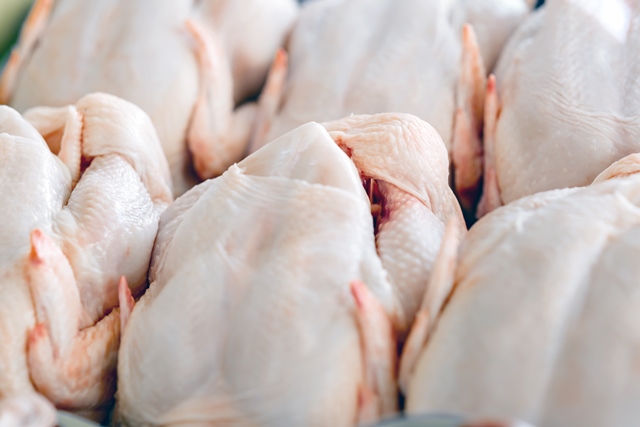The U.S. Department of Agriculture has withdrawn a proposed regulation that would have reclassified certain salmonella-contaminated poultry products as adulterated, a move that had the potential to prompt mandatory recalls of tainted chicken and turkey from the market.
Originally introduced in 2022 in response to growing concerns over foodborne illnesses, the proposal aimed to reduce the public health burden posed by salmonella in raw poultry, which continues to sicken more than 1.3 million Americans annually. Consumer Reports testing at the time found nearly a third of sampled ground chicken products contained salmonella, with turkey also showing significant contamination rates.
Under the now-abandoned rule, the USDA’s Food Safety and Inspection Service would have established stricter thresholds for contamination and increased oversight of poultry processing plants. The rule’s rollback means that poultry contaminated with certain salmonella strains will not be automatically considered unsafe or subject to recall.
For businesses in the meat processing, food manufacturing, and retail sectors, the reversal eliminates potential regulatory and operational shifts, including tighter quality controls and expanded recall responsibilities. However, it also signals continued reliance on voluntary compliance measures and consumer-level food safety practices rather than systemic enforcement.
Food safety advocates have called the decision a missed opportunity to align food safety standards with modern health risk data. The regulatory status quo will remain in place unless federal authorities take further action.


